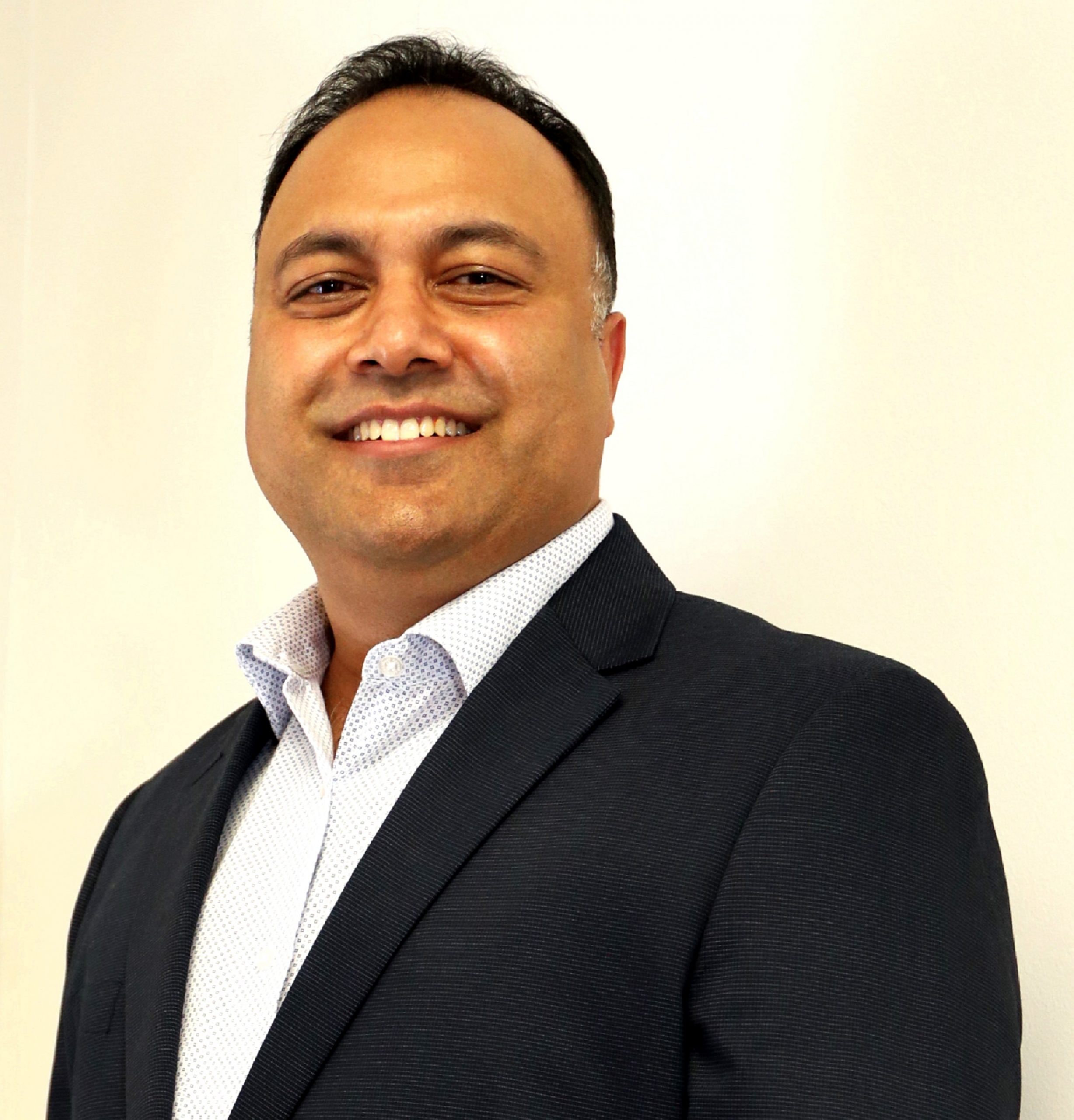Pandemic business success stories are not limited to global e-commerce giants like Amazon, who profited from captive audiences and grew online shopping by 220% over lockdown. There are a host of other businesses who managed to respond to the seemingly insurmountable challenges timeously and intelligently in order to help secure their longevity – albeit not to such a spectacular degree as Jeff Bezos, founder of Amazon.
Kansai Plascon is one such company – it is moving forward thanks to the vision of CEO Prejay Lalla, who has engineered 100% improvement in operating costs in 36 months. Lalla’s turnaround plan included a market-leading sustainability agenda – one of the biggest, hardest, and most successful strategies ever implemented in the large coating company’s 133-year history. Kansai Plascon boasts multiple manufacturing plants and over 3 000 employees producing paints and coatings for decorative, industrial, and automotive applications. There are grounded operations in South Africa, Namibia, Botswana, Zambia, Zimbabwe (a joint-venture), Malawi, Tanzania, Kenya and Uganda.
Sustainability agendas are not exclusive to Kansai Plascon by any means – companies across the globe are striving to incorporate sustainability in a way that credibly adds value across the entire context of operations. Yet for Plascon, the need to effect immediate change had become urgent.
“We lacked differentiation, had negative cashflow, and strategic partnerships were becoming strained. We had very ‘high’ negatives, including inventory levels and operating expenses, all exacerbated by ever-elevating interest payments. Our brand had the potential to erode among these strategic challenges,” Lalla admits.
Not faint of heart, the CEO proceeded with a radical transformation plan inclusive of changes in manufacturing, new sales and operating forecasting processes, outsourcing the needs of warehousing and logistics, the consolidation and resizing of production facilities, and the re-engineering of the business to a fit-for-purpose structure.
The integration of eco practices was central to this plan. ‘We have adopted strict measures on all key environmental, social and governance issues, setting bold targets in order to reduce carbon emissions, electricity, water consumption and waste production,’ Lalla states. To respond to the ever-growing movement of eco-active consumers, several new environmentally friendly coatings were introduced.
Many of these products constitute landmark innovations for Africa. Plascon Double Velvet Pure with formaldehyde abatement technology improves indoor air quality by abating the harmful formaldehyde emitted by household items and goods such as engineered wood, upholstery foam and cleaning products.
Plascon has revolutionized the industry with its APEO-free roof paint. Harmful APEO chemicals used in competitor coatings pollute the water system and damage marine life. These alkylphenol ethoxylaters (APEO) are a harmful endocrine-disruptor to animals and humans.Plascon Nuroof Cool has been trademarked with Environshield (TM), a formulation that has UV protection and infra-red-reflective capabilities to minimise the sun’s heat on roofs, resulting in cooler roof surfaces that are proven to reduce temperatures internally by up to eight degrees centigrade during summer. This obviously has cost savings for consumers and furthers the global drive to reduce greenhouse gas emissions and advance climate change mitigation.
Yet another reassuring trademark is Aquatough (TM), which has transformed the popular Plascon Velvaglo non-drip enamel paint into a water-based product that is associated with faster drying times, lower associated costs, and minimal impact to the health of the environment and consumers given its nontoxic properties.
What’s more, these innovations have been packaged in eco-friendly materials. The premium range paint containers are comprised of 70 percent up-cycled material thereby reducing the amount of solid waste entering landfills and/or otherwise polluting the environment.
‘Green is not just a colour to us, we are actively committed to implementing environmentally considerate practices in every aspect of our business,’ says Lalla. ‘Corporates have a big obligation to communities and our environment, we can no longer just push products that do not have social and environmental value for all people. This is also not only for the sake of selling product, it’s about immersing into and changing society to ensure longevity for all.’
Yet another case in point is Kansai Plascon’s removal of harmful lead from its decorative coatings over a decade ago, way ahead of government legislation. Also already in place for over a decade, Plascon’s production methods include recycling of waste at source, water harvesting, effluent re-use, and energy considerations.
More recently, the company has “introduced in-line dispersion equipment and robotics in our filling lines to increase production throughput. Our coating production has received significant upgrades in how we mix solid and liquid particles, minimizing Volatile Organic Compounds (VOCs) in water- and solvent-based coatings production,” says Lalla.
All these transformations meet and exceed the strict criteria laid down by the Green Building Council of South Africa’s Green Star rating system. Integral to the success of Lalla’s vision has been making the company accountable to its stakeholders and customers for every choice made, from products, through to energy and waste reduction and environmental efficiency of operations. His next 36 months will be interesting indeed…
.For more information visit www.plascon.com.

